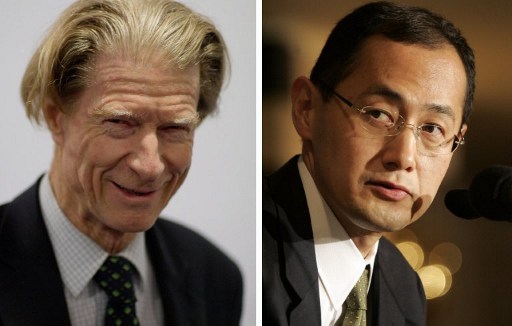
Over the past few years, there has been heated debate over whether it is ethical to cultivate stem cells for research from human embryos.
Many arguments have been created for and against the use of stem cells, including utilitarianism and deontological ethics.
Utilitarianism determines whether an action is right or wrong based on the desirability or consequences of the action, and so therefore good actions bring the maximum happiness to the most people.
Deontological ethics looks at the action in itself, and places the relative value of that action against society’s norms and against Immanuel Kant’s ethical principles, one of which says a person must be treated as a person and not as a tool, and when embryos are regarded as people, it would be wrong to kill it for the benefit of society.
However, there was recently a scientific revolution that implied a possible end for this benefit. On Oct. 8, Sir John B. Gurdon and Shinya Yamanaka received the 2012 Nobel Prizes for their discovery of “induced pluripotent stem cells,” or cells that have become “induced” into being stem cells.
How does this affect the stem cell debate? Richard Kim, a senior at Cathedral High School, believes the issue would become simplified over the long run. “I think IPS cells are a great new innovation in the medical field. However, they need to be advanced a bit further before being applied for commercial use. I think this new development just adds another side to the multi-faceted nature of stem cell research. There are many “iffy” things about it, with possibly inducing cancer being one of those ‘ifs.’ If the cancer possibility were diminished or eliminated after more research, it would definitely simplify the argument because it doesn’t harvest cells from embryos.”
Although a developing method of stem cell creation, the true impact of Yamanaka and Gurdon’s discovery on stem cell research and the debate over it will play out over the next few years.

